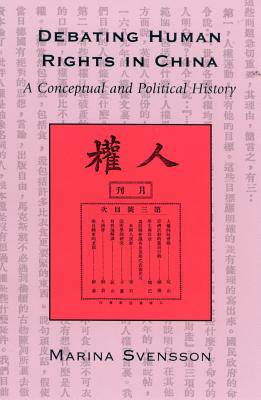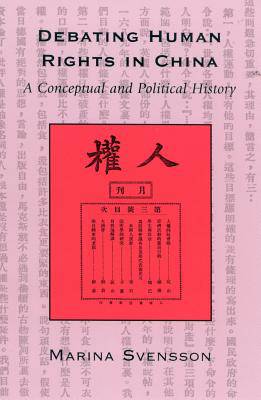
Je cadeautjes zeker op tijd in huis hebben voor de feestdagen? Kom langs in onze winkels en vind het perfecte geschenk!
- Afhalen na 1 uur in een winkel met voorraad
- Gratis thuislevering in België vanaf € 30
- Ruim aanbod met 7 miljoen producten
Je cadeautjes zeker op tijd in huis hebben voor de feestdagen? Kom langs in onze winkels en vind het perfecte geschenk!
- Afhalen na 1 uur in een winkel met voorraad
- Gratis thuislevering in België vanaf € 30
- Ruim aanbod met 7 miljoen producten
Zoeken
€ 171,95
+ 343 punten
Omschrijving
By exploring the relationship between domestic and international human rights discourses, this study offers new insights not only into the Chinese but the Western human rights debate as well. Students and scholars should find this work an important tool for understanding the issues of human rights.
Specificaties
Betrokkenen
- Auteur(s):
- Uitgeverij:
Inhoud
- Aantal bladzijden:
- 400
Eigenschappen
- Productcode (EAN):
- 9780742516960
- Verschijningsdatum:
- 14/07/2002
- Uitvoering:
- Hardcover
- Afmetingen:
- 149 mm x 234 mm
- Gewicht:
- 658 g

Alleen bij Standaard Boekhandel
+ 343 punten op je klantenkaart van Standaard Boekhandel
Beoordelingen
We publiceren alleen reviews die voldoen aan de voorwaarden voor reviews. Bekijk onze voorwaarden voor reviews.









